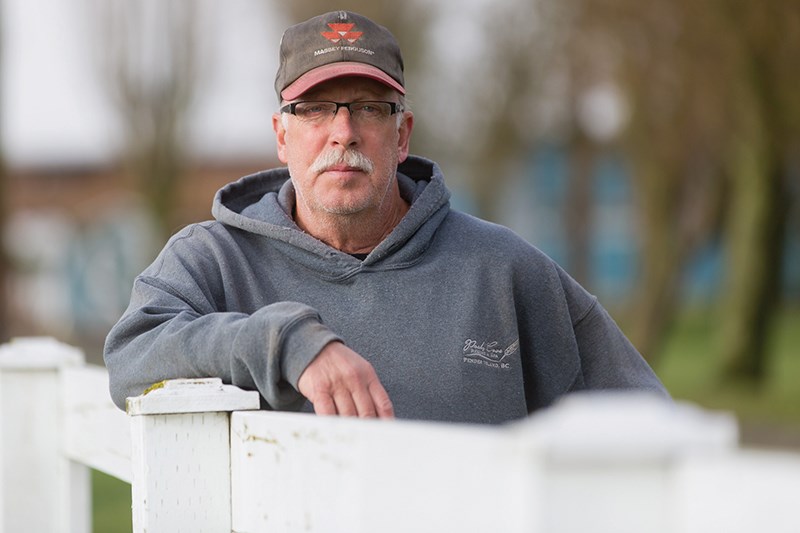B.C.’s agriculture industry has shown resiliency through many unprecedented challenges presented by the COVID-19 pandemic, recent heatwave, and raging wildfires. Through significant economic loss, farmers, growers, and fishers have had to adapt their operations to the best of their ability with little reliance on the NDP government.
As the Official Opposition Critic for Agriculture and Food in B.C., I take my responsibility to hold the NDP government to account very seriously, and I continue to do my best to ensure the concerns of every sector are heard. It’s vitally important to recognize the unresolved issues facing B.C.’s agriculture industry.
Since the NDP introduced Bills 15 and 52, farmers and ranchers across the province have made it loud and clear that these new rules and regulations do not work for them. The process of submitting applications to the Agricultural Land Commission through local government or First Nations is not only time consuming, but it also erodes property rights of rural landowners.
Thankfully, after 3.5 years of putting pressure on the NDP government to be flexible with secondary housing in the ALR, farmers will be permitted to build small secondary residences on their land. This is a win for the farmers and ranchers across B.C. who want to age in place, while cultivating the next generation of family farming. In my role as Opposition critic, I will continue to monitor this issue closely and ensure any future changes meet the needs of farmers across the province.
Another concern is with regards to the livestock industry. Small-scale livestock producers continue to have trouble accessing local slaughter. Why hasn’t the government fostered innovation in the industry and promoted it to attract new entrants? The COVID-19 pandemic has taught us that there is a growing appetite among British Columbians to buy and source local products. Consumers would prefer to purchase beef, pork, lamb, and poultry knowing they were humanely raised and harvested on a local farm, rather than buying products that were raised and slaughtered at large-scale processing plants outside of B.C. I hope the government will put more effort into nurturing the type of environment needed to help slaughter operations expand.
In my view, B.C. must also allow families to be creative and entrepreneurial to come up with supplemental income to support their farm operations. I get concerned when out-of-the-box ideas like festivals, processing facilities, eateries, roadside stands, and cafes are shut down by the Agricultural Land Commission. Agri-tourism is essential to our province. These activities need to be encouraged, not regulated into oblivion.
Finally, if we are to truly preserve our food system, we must invest heavily in education programs. Let’s re-establish farming as a subject of inquiry in our schools and expand the offering of post-secondary programs. B.C. should produce the next generation of growers, ranchers, greenhouse operators, hobby farmers, and community garden enthusiasts.
Agriculture has been deemed an essential service throughout the pandemic. It’s now time for it to be treated as such.



